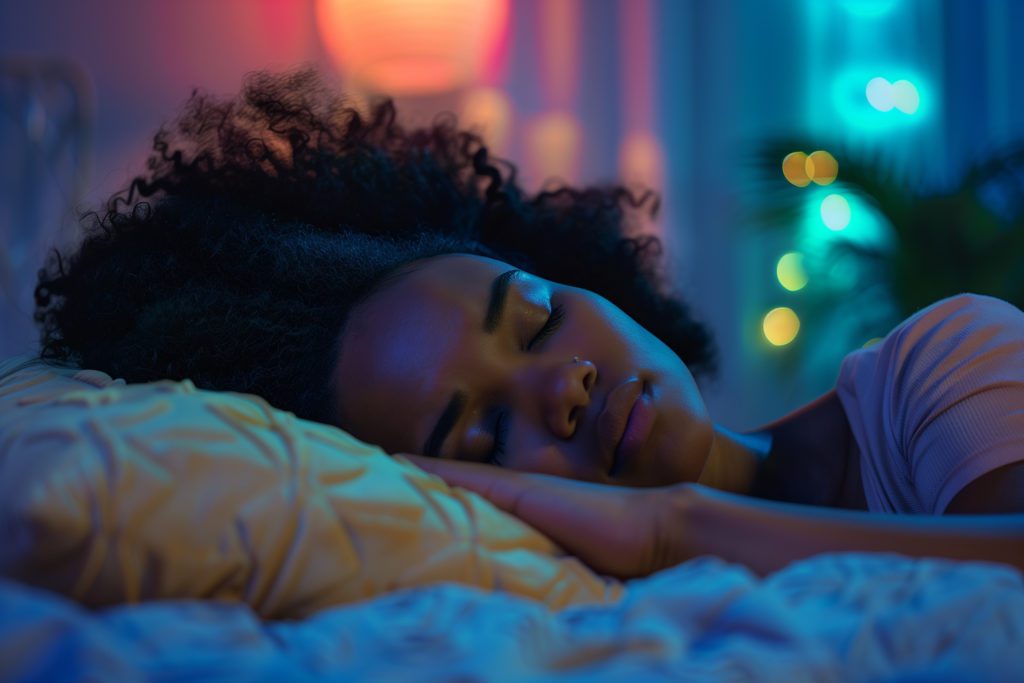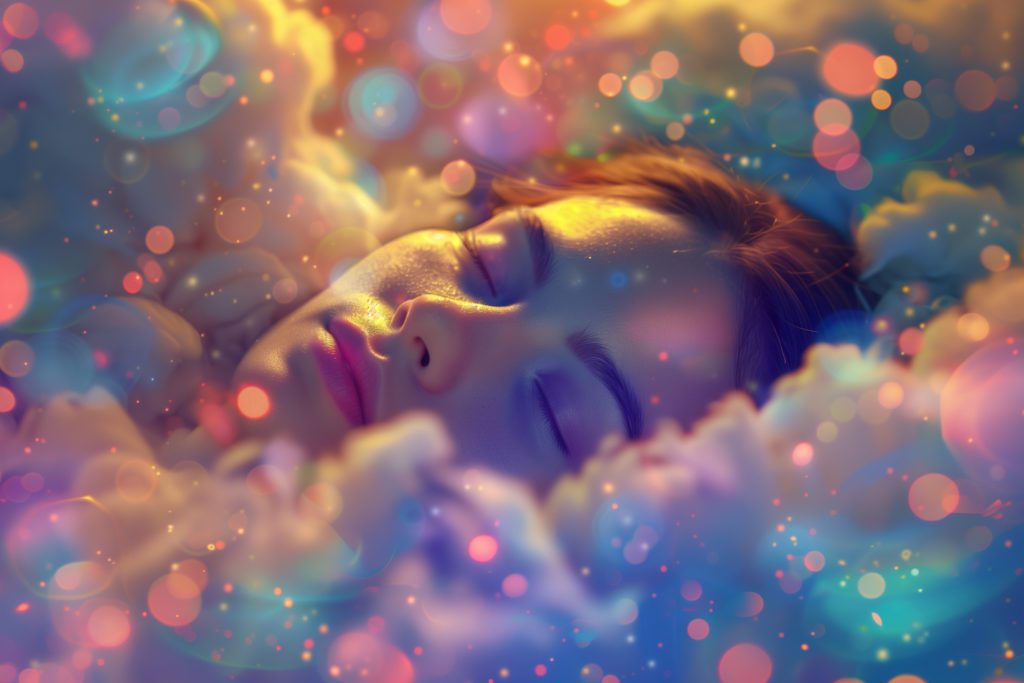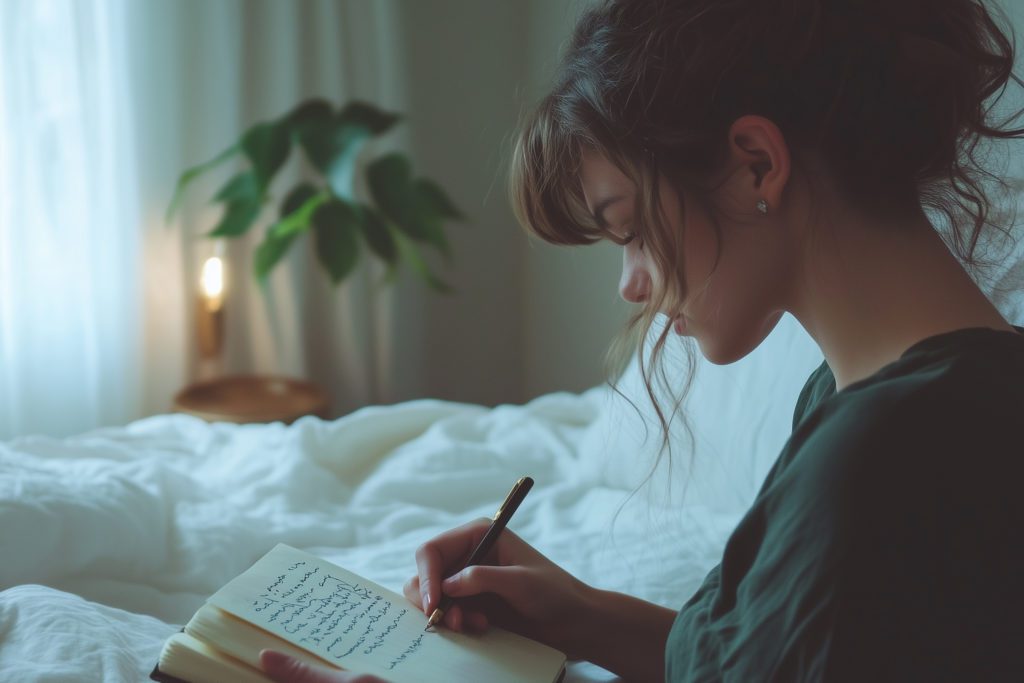
The Fascinating Connection Between Creativity and Dreaming
Did you know that dreams are connected to your creativity? Discover how your dreams can inspire your creative projects and more.

Have you ever wondered if your dreams are indicative of something more, possibly related to your creativity? Believe it or not, there is a fascinating connection between creativity and dreaming, as it can actually indicate your ability to problem-solve, consolidate your memories, and even engage with new creative ideas through lucid dreaming. Based on research from current studies, we’ll discuss all of this and more within this article.
After you read this article, you’ll understand why creativity and dreaming are connected and what this means for you. We’ll also provide you with some further insights on how to leverage your dreams to expand your creativity. Let’s get into the first topic: how dreaming encourages more creative problem-solving efforts.
Dreaming Encourages Creative Problem-Solving
If you didn’t know, dreaming has been tied to our ability as humans to creatively problem-solve, as we can recount the challenges in our minds while we sleep. There is plenty of literature in the field of sleep studies that shows how when we sleep, we replay our memories during non-REM sleep, but we also incorporate and integrate the new information with the old knowledge frameworks. In other words, we take our memories and compare situations to our past knowledge.
This can be invaluable for problem-solving, but it also shows just how creative we can become as a result of dreaming. The more that we prioritize sleep, the better we can creatively problem-solve, relate our current troubles to our past situations, and then proceed forward with confidence. However, creativity and dreaming are also connected because of how dreaming facilitates unrestricted thoughts.
When We Dream, We Think Abstractly
Dreaming is tied to creativity not only because it encourages creative problem-solving but also because it can help us think abstractly. Our brains engage in a lot of unconscious activity while we sleep. While dreaming, the prefrontal cortex and temporal lobe areas of our brain are active, which can help us dream, but it can also allow us to think about certain things, like the future. The temporal lobe, according to one study, will enable us to think hypothetically and imagine sometimes even impossible scenarios (Source: Research Gate).
In other words, we dream, and we can think more abstractly about things that may not happen, but we can certainly imagine them. This creative process, which is due to dreaming, only further shows how important dreaming is. However, we cannot forget how vital dreaming is in helping us emotionally process what has happened to us.
Dreams Help Us Understand and Process Emotions
If you have ever had a dream that felt entirely real and you woke up emotionally connected to your imagination, then you already know the connection dreaming has to how we process emotions and how we simulate situations. As mentioned in the previous section, our dreams allow us to think abstractly, but part of this is also how we process and feel certain emotions.
One study showed that we can feel our bodies in action in dreams, sometimes for up to 30 minutes at a time. Our dreams and how we experience them are directly tied to our imagination and inner worlds, as we can use these emotions to inspire new works of art, creative projects, and more. While we dream, we connect to these imaginative thoughts and ideas, but we also process our emotions, even on past events that may have been traumatic. Part of this is tied—as you might have guessed—to how our dreams allow us to become creative due to memory consolidation.
Dreaming Can Help Us Consolidate Our Memories
Similar to how we can become more creative with our ideas and problem-solving because of dreaming, we can also engage in the consolidation of memories, which often allows us to make new connections. If you’ve ever had a dream about two things you didn’t think would be related, but you woke up with a new perspective on the issue, then you have already experienced the power of memory consolidation.
During REM sleep, we tend to have dreams that can play out like a story, often reflecting past experiences. We may not even realize the meaning of these dreams until later, when we reflect on why the new information coincided with the old in our imaginations (Source: Research Gate). This is another fascinating way that dreaming and creativity remain connected, but we haven’t even touched upon one of the most intriguing signs of this connection: lucid dreaming.
How Lucid Dreaming Allows Us to Be More Creative
Lucid dreaming is when you become aware of your dreams, and for many people, this is a source of inspiration for their creative projects. This is one of the most critical signs that dreaming and creativity are connected because this is when we are consciously aware of our abstract and imaginative ideas and stories. Part of what makes lucid dreaming so fascinating and clearly a sign of our creativity is how we can control our dreams at times.
One study showed that once we became aware of our dreams, we may be able to actively control them, changing the direction of the story and even becoming aware of how we feel in the situation (Source: ScienceDirect). Next time you recognize that you’re dreaming, take a moment to see if you can control your dreams. If you’re inspired, use your lucid dream as the source for your next creative project!
Final Thoughts on the Connection Between Dreaming and Creativity
As we have explored, creativity and dreaming are undoubtedly connected in many ways. From our abstract thoughts to the way that we can even control our dreams and become more creative during sleep, it’s truly fascinating! If you are creative, don’t be afraid to use your dreams as the source of your inspiration, whether you prefer writing, artwork, or even music. Maybe your next lucid dream will become a masterpiece! To learn more about sleep health and the power of dreams, read our articles online.

Written by
Marie Soukup
Marie Soukup is a seasoned copywriter, editor, and Integrative Nutrition Health Coach with a certificate from the Institute of Integrative Nutrition (IIN). With years of experience working with brands across diverse industries, Marie is passionate about holistic health and crafting compelling content.
Download Pillow
Get help
Press & News
Legal
Connect
X (Twitter)
Company
Copyright © Neybox Digital Ltd.



